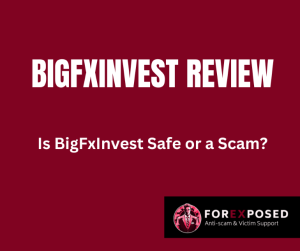In the crucible of legal scrutiny, the preeminent cryptocurrency behemoth, Binance, and its progenitor Changpeng Zhao stand accused of a litany of transgressions. The Securities and Exchange Commission (SEC) has unfurled its legal canvas in the U.S. District Court for the District of Columbia, delineating thirteen charges with an acuity that extends beyond the customary financial labyrinth.
Among the allegations, the SEC contends that Binance, a bastion of the Cayman Islands, adroitly violated the sanctity of investor funds, orchestrating an illicit opera of commingling and diversion of customer assets to a clandestine dominion christened Sigma Chain, an entity held in Zhao’s financial embrace.
The legal overture, reminiscent of the post-mortem revelations following the cataclysmic demise of FTX, exposes the underbelly of practices where opacity reigns supreme. It lays bare a stark revelation—Binance’s custodians, cognizant of their purported legal infractions, manifested a brash admission in December 2018. The Chief Compliance Officer’s unabashed confession resonates with a blatant acknowledgment: “we are operating as an unlicensed securities exchange in the USA, bro.”
Gary Gensler, the SEC’s helmsman, in a written declamation, castigates Zhao and Binance for ensnaring themselves in a labyrinth of duplicity. Deception, conflicts of interest, and a penchant for calculated legal evasion have sullied their financial landscape.
Binance, in response to the SEC’s legal tempest, avows collaboration while decrying the agency’s unilateral belligerence. The agency’s precipitous litigation choice, asserts Binance, epitomizes the SEC’s misguided reluctance to usher in much-needed clarity for the digital asset industry. A defiant stance prevails, with an undertone of vowing to vigorously defend the platform against the SEC’s legal arsenal.
This legal maelstrom, a prologue to FTX’s nadir eight months prior, echoes an eerie resonance. Like FTX, accused of intertwining customer funds and engaging in surreptitious high-risk investments, Binance finds itself ensnared in the quagmire of legal ramifications.
The chorus of legal reprisals against Binance is not a solo act. The Commodity Futures Trading Commission (CFTC) orchestrated its own legal symphony in March, filing an enforcement action in the U.S. District Court for the Northern District of Illinois. This legal duet, featuring Binance and Zhao, harmonizes with myriad CFTC violations.
In this legal opera, Samuel Lim, Binance’s erstwhile chief compliance officer, is cast as an accomplice in the SEC’s narrative. The legal crescendo against Binance and its denizens echoes in the corridors of financial accountability, resonating as a cautionary note to those contemplating entrusting their hard-earned assets to the uncertain embrace of unlawful platforms.




